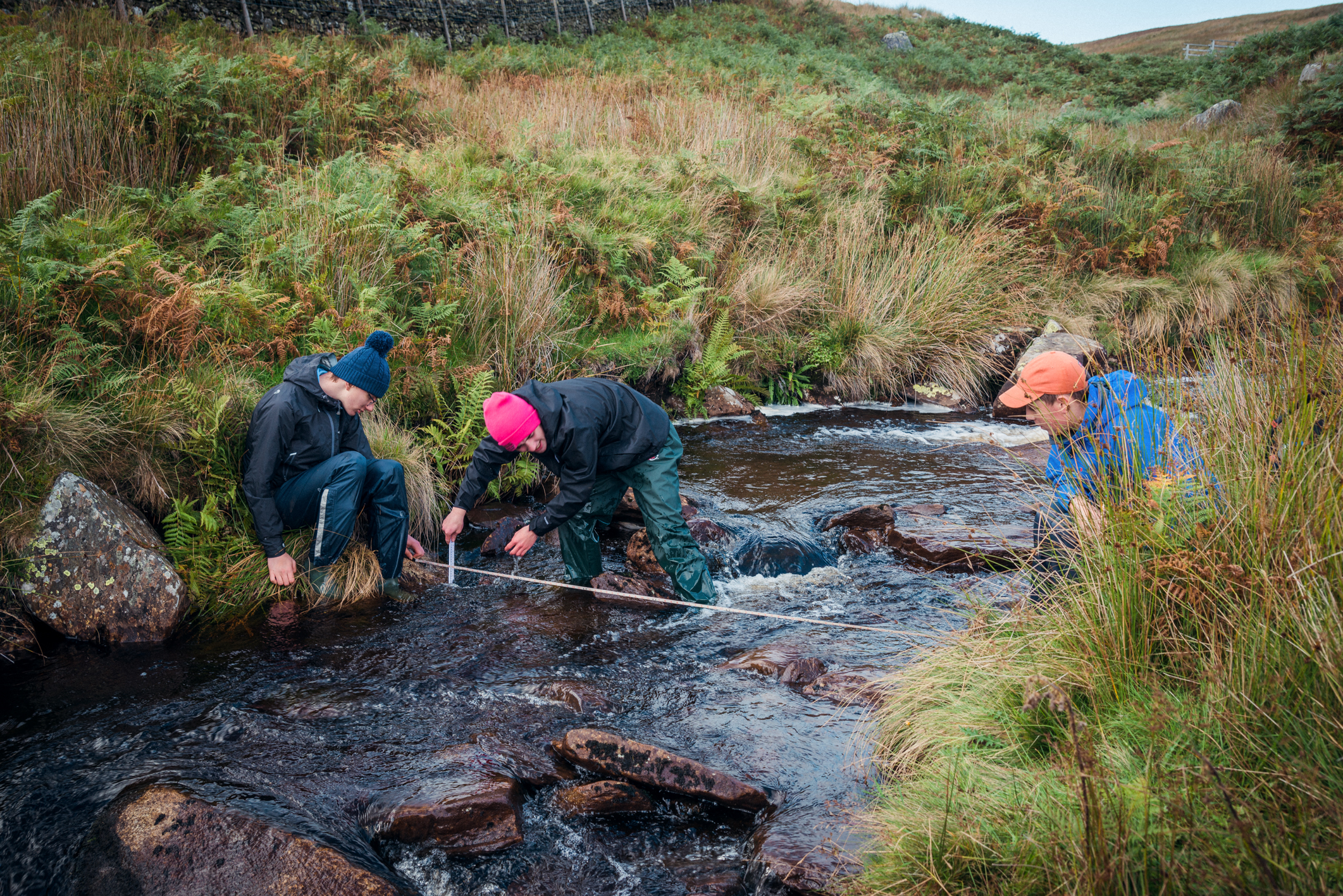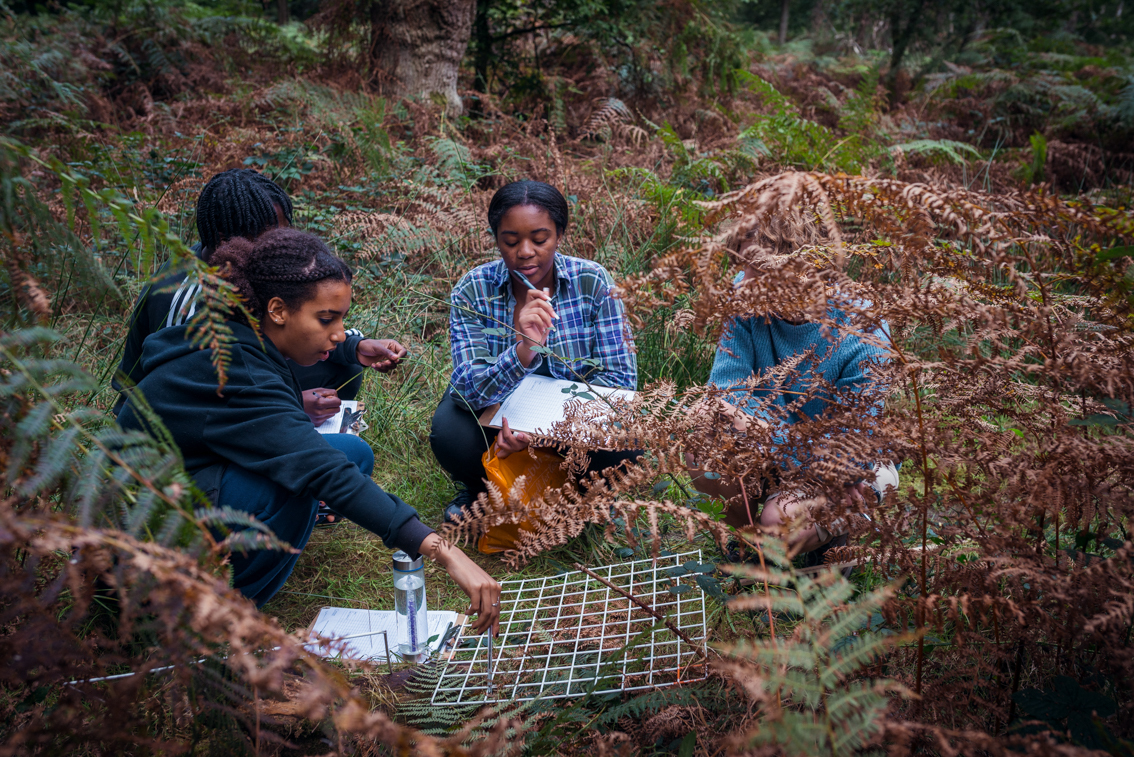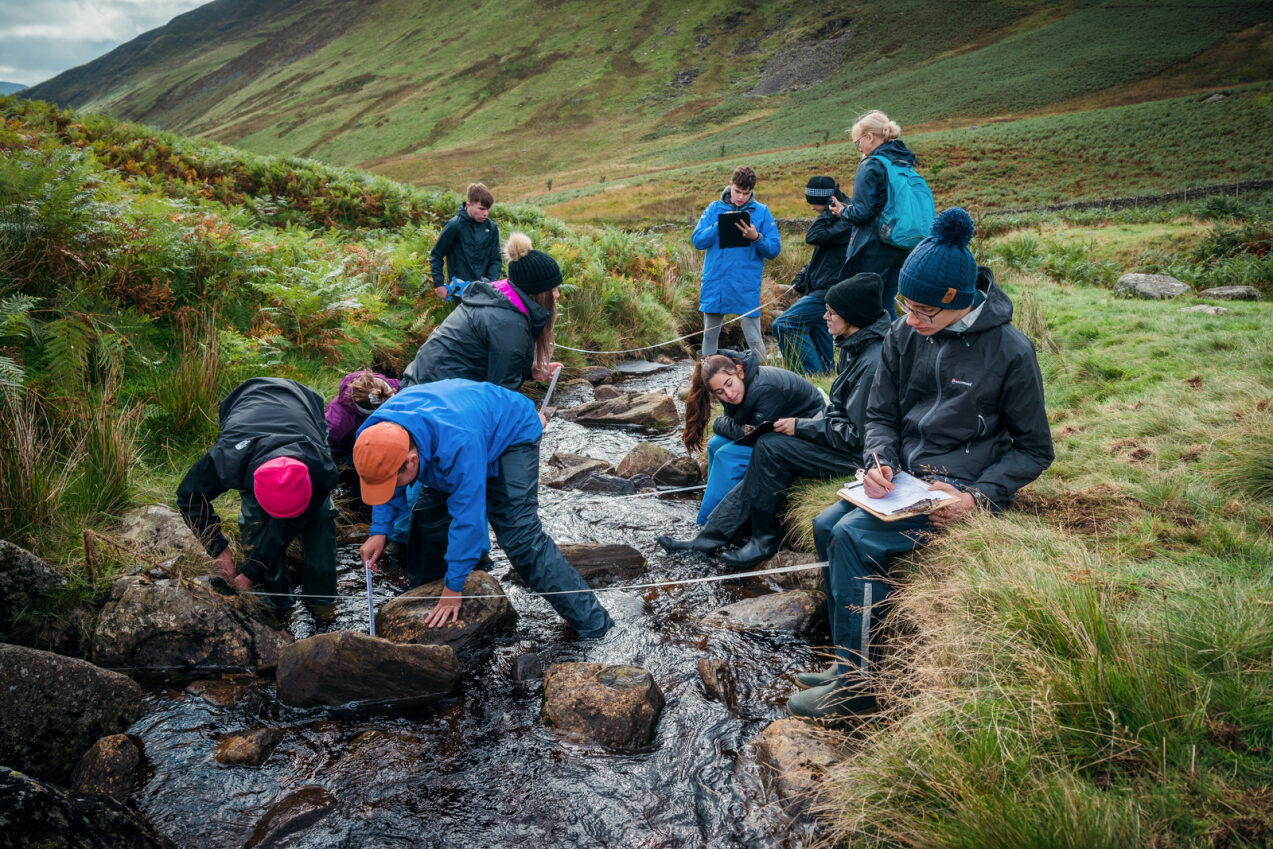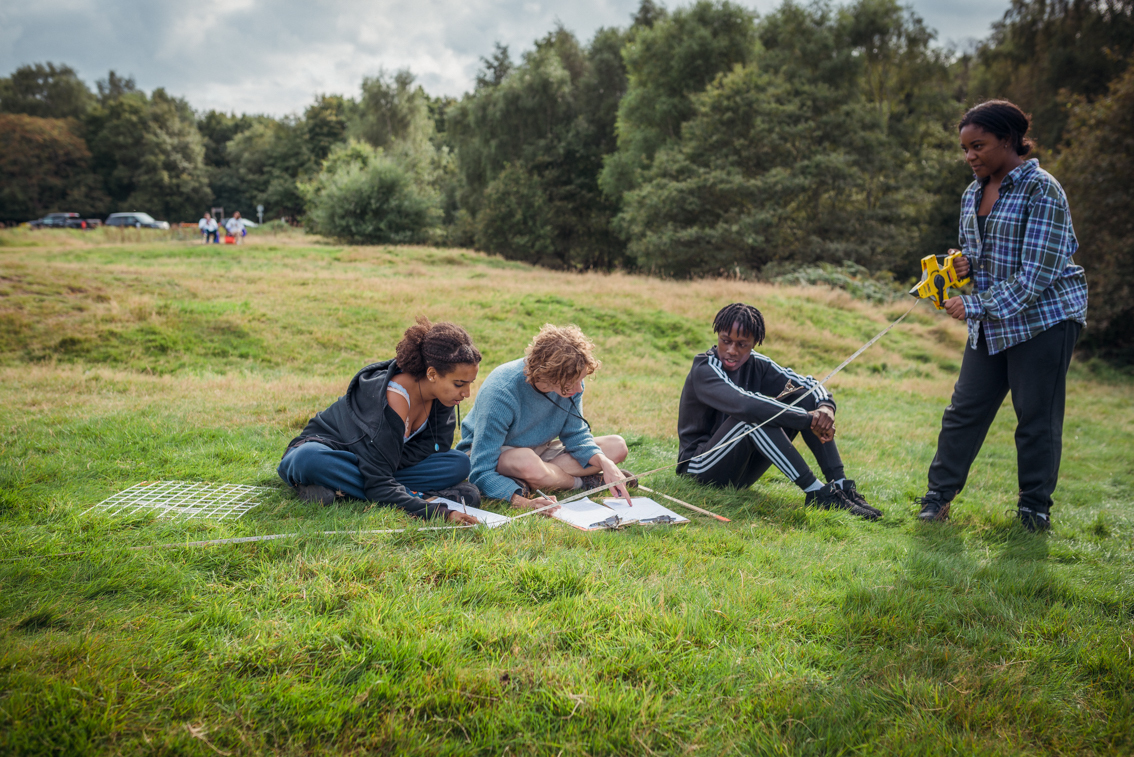How to plan a successful geography field trip
13 February 2024
Jo Harris, Field Studies Council Education Manager, and Kerry Sage, Geography Subject Advisor


Field trips are an invaluable experience for geography students, but they can be daunting to plan, especially if you’ve never organised one before. In this blog, we’ll share our top tips to ensure a successful and enjoyable trip for you and your students.
Your first decision is going to be whether to use an external provider or run the trip yourself. There are clear benefits of having fieldwork experts plan the trip with you, but if you are looking to book with a fieldwork provider, it’s a good idea to look for one which has the Learning Outside the Classroom (LOtC) quality badge which ensures safe and high-quality delivery.
If you are going to run the trip yourself, then this blog will look at a range of elements that you need to consider from a practical point of view of planning a field trip – that is after you’ve got permission from your leadership team!
Location, location, location
You need to think carefully about the location of your field trip. Consider the following questions.
Are you planning to collect physical or human data?
Are you planning two separate field trips, or can you collect both sets of data from one location? If you are going to combine your physical and human data collection into one day, try to ensure there is a really clear divide between the two studies, to help students to differentiate during their exam.
Does the fieldwork you have planned link to the specification for Entry Level Certificate, GCSE A, GCSE B or A Level?
Check your location has somewhere suitable to park, and that you will be able to access the site safely.
As a Head of Geography in Cambridge, we took our GCSE students to Norfolk for our fieldwork. The rationale was:
- Only a couple of hours on the coach so relatively easy to get to.
- Students may have been before, so they were familiar with the location.
- Students were able to collect physical data on coasts and human data on the town of Hunstanton.
For any new trips I organised I did a recce to see what the area was like, find locations we could realistically take a large group of students and decide what data students could collect. It also allowed me to consider what I may need to include in a risk assessment.
Use the free resources provided by the Field Studies Council to help you plan valid enquiry questions and methods.

Next steps
Next steps would be to talk to your Educational Trips and Visits Coordinator (EVC) to see what the trip planning process is for your school. The schools that I have worked in all used EVOLVE, which is an online system for planning and managing educational visits.
Your EVC will be able to give you the ratio of staff to students. Staffing is crucial for your trip. Consider carefully who will be best placed to support your students (and you!) on the trip. It’s often easier for class teachers and learning support assistants who are familiar with the students to accompany the trip. You will need a staff member trained in first aid. Who else would be useful for your trip – Head of Year or Head of House? Member of SLT?

Travel and costings
Once you have your procedure to follow there are a number of things which need to happen for you to be able to compose your letter.
- You need to contact coach companies. With rising costs, it may be worth contacting a number of companies to get the best deal
- Discuss costings with your finance team. Do you need to factor supply costs into your trip price?
- What will be put in place for your disadvantaged (PP and FSM) students?
- Are you asking for a voluntary contribution? You need to ascertain who will pick up the shortfall if not all students contribute to the trip.
- How will you pay for coach parking?
Once you have the cost per student you are ready to compose your letter. In your letter you could outline:
- What the trip is for. For Entry Level Certificate, GCSE and A Level Geography it is mandatory that students complete fieldwork as part of their course.
- Timings of the day – will your trip take place in school hours or out of school hours?
- Will students need a packed lunch, or will there be time for them to buy lunch? If they are expected to buy their own lunch, they will need to take some money/card with them.
- Cost of the trip – is this a voluntary contribution?
- I always found it useful to send out a medical form alongside the letter, so you have up-to-date medical information for all students as well as parental/guardian consent.

Who needs to know you are going on a field trip?
Once you have compiled your list of students, medical information and emergency contact details you will need to inform the following staff:
- The attendance officer will need a list of all the students who will be attending your field trip so they can be marked accordingly on the register
- The catering team may need to know how many students will be absent for a day/two days so they can reduce the amount of food prepared.
- Site team - do you need access to the school site before and after the school day?
- It’s best practice to inform all staff that you will be taking students into the field so they are aware that students may be missing from their lessons.
What about on the day?
To make sure the day runs smoothly:
- Ensure you’ve checked and packed your fieldwork equipment in advance
- Take sick kits - paper towels, bags and bottles of water – these are essential!
- Make sure you have fieldwork booklets/data collection sheets for all students.
- Staff packs containing the itinerary for the trip. These need to be personalised to their group e.g. registers, medical information and emergency contacts.
- Take registers on the morning. Remember you will need to leave a register with your attendance officer. This is a legal requirement.
- Bring first aid kits.
- Have names and contact details for the coach drivers ready in case there are any problems on the morning of your trip.
- Remember the school emergency phone.

All photos from Field Studies Council.
We hope you enjoy your field trips!
Stay connected
We would love to hear more about what you are doing with your students in school. Please share ideas below, send them to geography@ocr.org.uk or message us on X (formerly Twitter) @OCR_Geography. You can also sign up for email updates for information about resources and support.
For more information about Field Studies Council exam ready fieldwork please visit www.field-studies-council.org
About the authors
Jo Harris is the Education Manager at Field Studies Council, an environmental charity delivering environmental education to all. Jo has a background in marine biology with a degree from the University of Wales, Swansea and has spent 20 years teaching ecology and geography to students of all ages. Jo coordinates the education across the centres for Field Studies Council, which are all LOtC badged and hold the Geographical Association’s senior geography quality mark.
Kerry Sage joined the Subject Advisor team in April 2023 after 18 years of teaching Geography along with other subjects such as Environmental Science. As well as being Head of Geography she had other roles such as associate SLT and Deputy Designated Safeguarding Lead. She loves to travel and trained as an Icelandic Teacher Tour Guide. She has experience planning field trips in the UK as well as Iceland, Italy and Morocco.